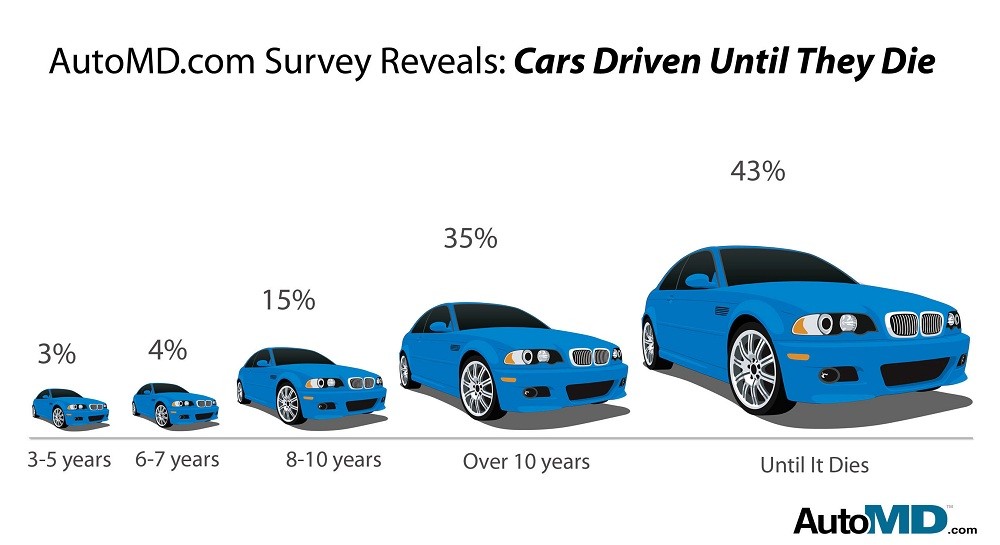"As engineers, we have knowledge and skills well beyond those of most consumers of our work, who must trust us to produce systems that operate safely, reliably, and with minimal negative impact. Human lives can depend upon the quality of our work, and significant economic and environmental consequences can result from the things that we do."
– MIT MECHE: Ethics and Integrity (Source)All mechanical engineers should be working to "produce systems that operate safely, reliably, and with minimal negative impact". This embodies the definition of a mechanical engineer's ethical responsibilities.
As an engineer who will design car components, such as engines, ethical responsibilities will be crucial throughout the entire design process.
Safety
When designing a car engine, the user's safety should always be kept in mind. It would be a horrible design to create an engine that is exposed to the driver, and passengers. In this case, the heavy machinery and excessive heat poses a massive threat. The placement of each part in a car could greatly reduce chances of serious, and fatal injuries to passengers. This is true for the Ford Pinto's gas tank, which could engulf the entire car in flames, given a strong enough impact. As said in an article published by engineering.com, on October 24, 2006, " . . . crash tests revealed a serious defect in the gas tank. In crashes over 25 miles per hour, the gas tank always ruptured. To correct it would have required changing and strengthening the design". The article later mentions, "If you gave that Pinto a really good whack?say, at 40 mph - chances are excellent that its doors would jam and you would have to stand by and watch its trapped passengers burn to death". |
| (Source) |
Reliability
The engineers who design the car's components should also make an overall reliable product that will last for years and perform well over that time. Given the cost of a new vehicle, it makes sense to design a good quality car that will stand the test of time. Otherwise, people would need to constantly buy a new car, and most don't have the money to do that. This may also be viewed as the company trying to scam people out of their money. So, in the end, the buyer should receive their money's worth.
 |
| (Source) |
It would also be ethically wrong to develop a component which won't perform its given task properly. For example, an engine that works most of the time, but not all the time, would obviously be a big mistake. Ethically speaking, it falls into the same category of "not getting your money's worth". In this case, however, a car's main purpose is to move the passenger(s) to their destination. So the engine would fail to even do it's specified task, which really would be cheating the customer out of their money.
Negative Effects
Ethical responsibilities also extend beyond just a car's user. These responsibilities would pertain to the world as a whole. For example the amount of pollution produced by the vehicle. Engineers should do their best to reduce the pollution due to the worsening effects of global warming. Even though taking care of the environment isn't directly related to cars, it has grown to almost become an expectation of all people. In the eyes of some, allowing a car to produce uncontrolled amounts of pollution is unethical. Nowadays, most cars contain catalytic converters which help to convert pollution into harmless gases. Of course, this creates additional production costs, but catalytic converters should be implemented into cars to decrease the negative effects of pollution. Engineers should not take the cheap approach the makers of the Ford Pinto took. |
| (Source) |
Another concern which may be viewed as an ethical concern is fuel efficiency. The reason fuel efficiency may be a concern is because if a car doesn't utilize it's gasoline efficiently, then more fuel must be consumed. This results in the use of more fossil fuels. So the Earth's natural supply will continue to deplete, unless action is taken. Not only that, but since fossil fuel is being removed from below the Earth, there is an increase of natural disasters, such as earthquakes. That is why fuel efficiency is an ethical responsibility of a mechanical engineer.
An engineer must take the public's safety into consideration, must create reliable products, and must do their part to protect the world around us.
No matter the cost, no matter the effort, it an engineer's responsibility, as a professional, to remain ethical at all times.
No comments:
Post a Comment